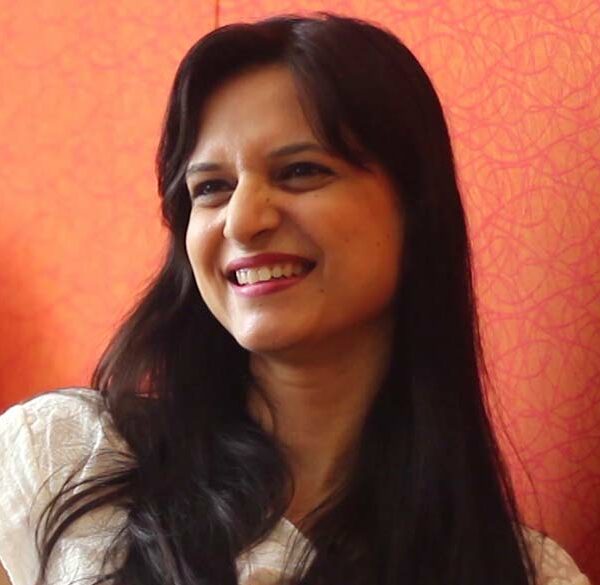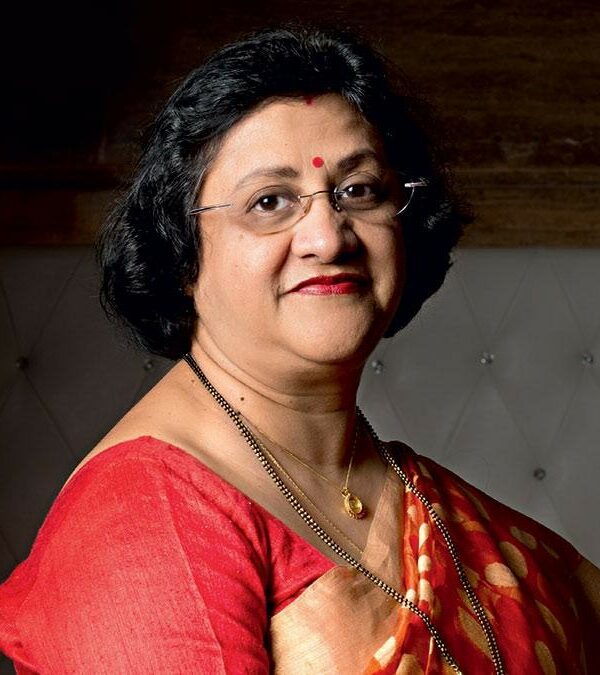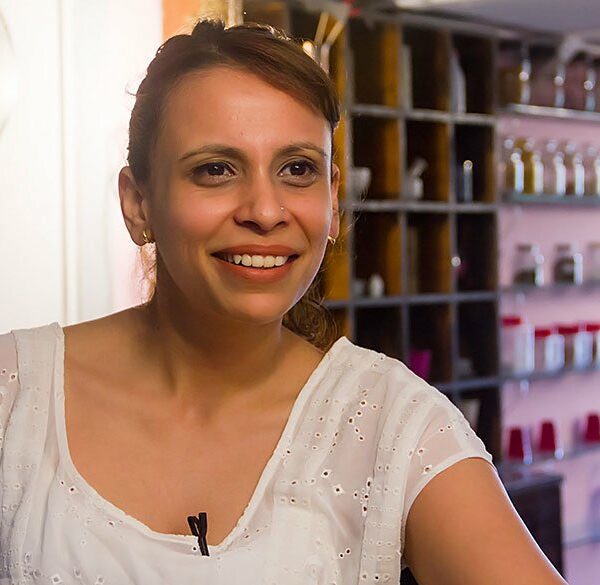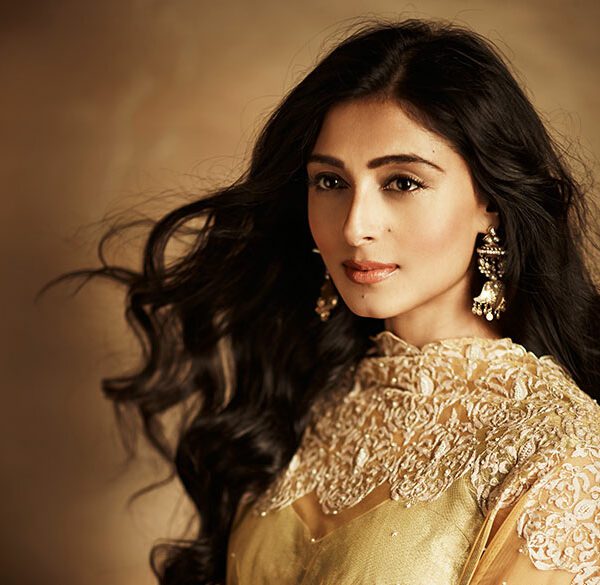She was ten years old. Tender and innocent. Standing in front of the entire student’s assembly. The school used to ask the birthday students to come up on the dias, as the assembly sang ‘Happy Birthday to You.’. It was her birthday and she loved going on the stage. But who knew that day would have a notorious start.
Her school principal, a man in his 70s, with white hair and typical South Indian accent, introduced her and wickedly said in front of the whole school : “What kind of rubbish hair do you have. I think I should get you bald and put churan on your head.’ Everyone laughed and hot tears welled up in the little girl’s eyes. She had combed properly, neatly. But the principal made her a butt of all jokes, just because she had little hair, her scalp usually showed.
Years later, though she grew up into an intellectual, smart lady, she always felt a little insecure because of her hair. She was suffering from ‘alopecia’, a hair fall normally found in men, due to genetic hereditary disease continuing in her family. Her mother had hardly any hair left, so did her grand-mother. It always scared her. She tried everything from allopathic medicines, homeopathy, Ayurvedic oils, hair massages with exotic Moroccan hair oil – but nothing helped.
So, she decided, once for all, to go bald. She took a Gillette razor blade and shaved off her hair, herself. Not once, twice but four times.
Yes, it was outrageous, for a 25-year-old woman in Delhi in go publicly bald, wear dangling earrings, put mascara and kajal. Slowly her entire personality became the news of the university. People laughed at her, few showed her fake sympathy. Her so-called close-friends humiliated her and called her ‘takli.’. Well, going bald revealed one thing, just like a jail sentence does: who are your real friends after all?
Days came and went, but one thing was always there. She had never forgotten the pain the Principal had caused. And she had resigned to her fate. She could never have thick black hair, made a juda or pony tail. At times, she felt less feminine. Adding to her spectacles, she looked like a zombie, who anyone and everyone could make fun of.
Bald and Beautiful Actresses
At times, bold advertisements of Shabana Azmi made her feel confident. Baldness was becoming a style statement. But then, at the lonely hours of the night, when she was left alone by herself and she touched her scalp, she still cried. She wasn’t Shabana Azmi, she knew. She was just a ‘no-body’. When images of Liza Ray, a famous model, undergoing chemotherapy had surfaced, she could feel the lady’s pain of going bald. But once again, she was not Liza Ray. She couldn’t afford an expensive trichoplasty after getting recovered and have a normal life again.
Assumptions related to baldness
The foremost is an assumption that women with shaven heads are bold, rebellious and willing to defy social expectations as long hair is a cultural expectation from women all over the world. In India, shaving off hair has ritualistic meaning and while many of these rituals are for men, bald women are seen as monastic, celibate or de-sexualized. In ancient and medieval India, women were forced to go bald after the death of their husband, an endeavour that showcased her grieving and mourning.
East Versus West
India is unlikely to forget model and Star Trek actor Persis Khambatta who was a bold bald stunner. The West too admires women who shave their heads. While actors Demi Moore, Natalie Portman and Halle Berry did so for professional reasons, the then brash Britney Spears and the ever spunky Rihanna did so as style statements. . In fact, the 2010 film Happily Ever After, for which Berry went bald, focuses on the complex relationship women have with their hair. The protagonist starts losing her hair, then decides to shave it off to see how it affects her self-perception and those of others about her.
Baldness versus Feminism
Being bald is not a feminist shit: Just because she is bald doesn’t mean she wants to prove a point, or she, is a rebel, or a poster-girl of women empowerment. And even if she is, what’s wrong with that? Why is our society so fixated with the fact that women should have long hair, should shave her hands and legs and mind you, even the pubic hair! Why aren’t men dealing with identity issues when it comes to baldness? Most of the independent and empowered Indian women have no issue marrying a bald man. But ask a man, he will never ever want to marry a bald woman. It’s just so out of question.
A growing style-statement
Though, thankfully, things have started to change a little bit, though only in the metros in India. If you go bald, people won’t come and ask you sympathetically if you have cancer or AIDS. Some might just find it sexy. Few women dancers and fashion photographers have gone bald, just to experiment with the look. Few do it, to beat the summer heat. Slowly, it is becoming a style statement but honestly, the wider debate still stands open, naked.
What is a woman, exactly?
Why a woman in India has no right over her own body? Why is she forced to look the way people want her to? Why are women themselves so fixated about the idea of being ‘feminine’ and ‘meek’? Just because in the end they want to find qualified suitors for themselves who are attracted to their beauty? And if they are bald, they can never be beautiful. Well, in that case, what is beauty and smartness, anyway? What about your intellectual acumen and fearless attitude. Sadly, that doesn’t count.
There are many women in India who suffer from genetic hair fall and diseases. They feel humiliated every second, just because the society makes them feel unwanted and like a liability. Perhaps, like an appendix which is no longer needed in the body but we are born with it.
Is it justice?
How can our society teach a lesson to such notorious principals who, God knows, might have caused so much pain in so many children’s lives? Its worst than molestation! Its torture.
Can we do anything about it?












